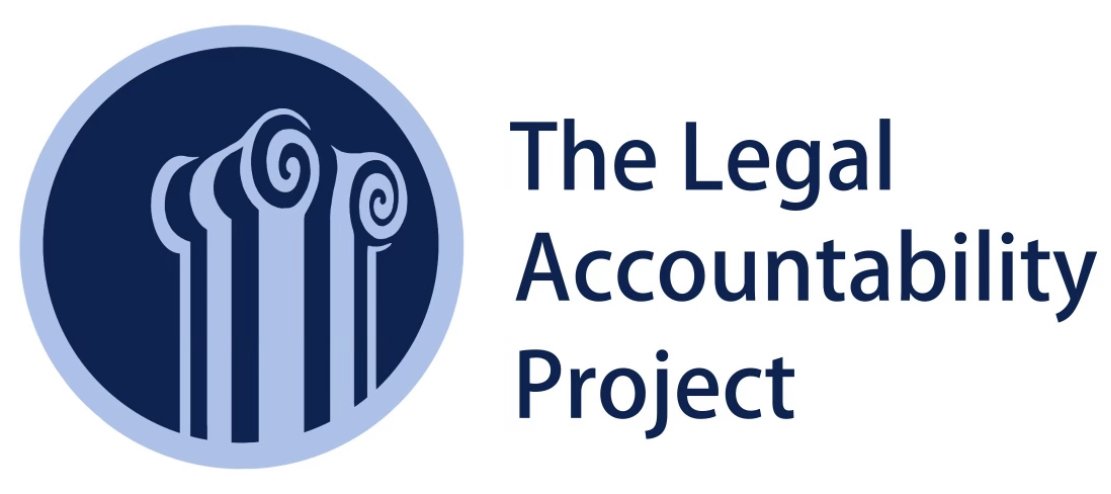WE SHOULD HOLD LAW SCHOOLS ACCOUNTABLE FOR ENSURING SAFE WORK ENVIRONMENTS FOR LAW CLERKS
I recently spoke with a former law school administrator who described their institution as “the most unaccountable place [they’d] ever worked at.” Federal judges are, unfortunately, unaccountable by law. The federal judiciary is exempt from Title VII of the Civil Rights Act of 1964. Judiciary leadership rarely enforces judicial codes of conduct. Law clerks seldom file complaints against judges under the Judicial Conduct and Disability Act. Judges are almost never disciplined for misconduct – particularly not when it comes to mistreating their clerks. Legislative, policy, and cultural change is necessary in both the federal and state judiciary to ensure both safe work environments for law clerks and greater accountability for judges who mistreat their clerks.
But another important entity deserving increased scrutiny in the conversation about judicial accountability is law schools. Law clerks are typically supported in their efforts to secure clerkships by their law schools. Despite several years of public discussion about judges who mistreat their clerks, law schools have received a free pass – until recently – in the conversation about judicial accountability. As public allegations about several notorious harassers emerged beginning around 2017, so too did revelations that some law schools were aware of the scope of these problematic behaviors. Yet they continued to encourage law students to clerk for these “feeder judges” because the clerkships were so prestigious. In too many cases, judicial clerkships close doors for new attorneys, rather than open them.
Last summer, I argued in the Yale Law & Policy Review that law schools are part of the problem – sometimes funneling students into clerkships that they know or suspect will be unsafe work environments, in order to boost their clerkship numbers, rankings, and public perceptions of the schools. I explained that law schools can (and should) be part of the solution. I proposed solutions to increase transparency and information-sharing in the clerkship application process.
Since I launched The Legal Accountability Project (LAP), I spend much of my time interfacing with law school deans and clerkship directors. I worry that not enough law school administrators recognize and grapple with their role in perpetuating several issues: (1) creating a culture of deifying judges and disbelieving law clerks; (2) perpetuating the message that the right professional decision is to stay silent, rather than report mistreatment by a judge; and (3) advising students that any clerkship, no matter how “challenging,” is better than no clerkship at all.
LAP advocates for a vision: one of transparency and accountability. We use legal technology, via our Clerkships Database, which democratizes information about judges and clerkship experiences, as the vector for that change. The database corrects numerous injustices that I personally experienced as a law student applying for clerkships. Many law students lack access to information about judges who mistreat their clerks, leading too many law clerks each year to unwittingly enter unsafe work environments.
Several institutional barriers preclude information-sharing. Law schools fall into two camps. Some law schools lack formal structures to collect and disseminate information about judges and clerkship experiences to students. Others actively withhold information about judges who mistreat their clerks from the students who need it. Administrators express to me that they feel “conflicted” about sharing this information.
No law school has a monopoly on information about judges. Yet every school has a ceiling on the number of judges they can keep track of. This depends on who alumni have clerked for in the past, as well as law clerk alumni’s willingness to report back to their law school alma maters about their experiences. Law clerks who experienced mistreatment are notoriously unwilling to share that with their law schools. They fear reputational harm in the legal community for saying anything less-than-effusive about a judge. They also worry about retaliation by the judges who mistreated them. Unfortunately, these concerns are inculcated into new law students beginning 1L fall, along with the troubling myth that judges deserve absolute respect and total deference in all things.
This school year, I have participated in nearly 30 law school events through LAP. I also interface with more than 70 law schools’ deans and clerkship directors. I appreciate that many are quite willing to engage with me and consider making changes to improve the clerkship application process, and clerkship experience, for students and alumni. However, not all of them are. Here are some of the most troubling things I hear from law school administrators and professors:
“I don’t need your Project. I know about all the judges.”
“Harassment isn’t happening in the judiciary. It’s just women adjusting to their first jobs.”
“We’re blessed to work with only good judges. All our alums have positive clerkship experiences!”
“Most law clerks who experience mistreatment just want to keep their heads down and move on.”
“It is our official policy not to warn students about judges who mistreat their clerks.”
When I share my experience at law school events, I typically mention that it was primarily female attorneys who dissuaded me from speaking publicly, telling me that “the right professional decision would have been not to report” and that speaking publicly would “tarnish my reputation.” Several female professors and administrators conveyed that they agree with this advice. They assert that they are “preparing female attorneys for the world that is.” I disagree. We should be preparing new attorneys for the world that can be.
I worry that too many students internalize this “keep your head down” and “just grin and endure it” messaging. There is no guarantee that the judges who mistreat their clerks will stop once the clerkships have ended. Judges can continue to exert enormous power over their former clerks’ careers, as my experience illustrates. This is why it is so important for every student who wants to clerk, to have access to necessary information to identify a positive work environment. Additionally, we should empower law clerks who experienced mistreatment to speak out about their experiences. Stopping the cycle of mistreatment – and holding those in power accountable for misconduct – starts with candidly discussing less-than-positive experiences.
Whether those in power are law schools or judges, we should demand increased accountability from those in whom we entrust great responsibility. Law schools are responsible for shaping the next generation of attorneys. They should be held to a higher standard for their failure to protect students and alumni from unsafe judicial work environments.


